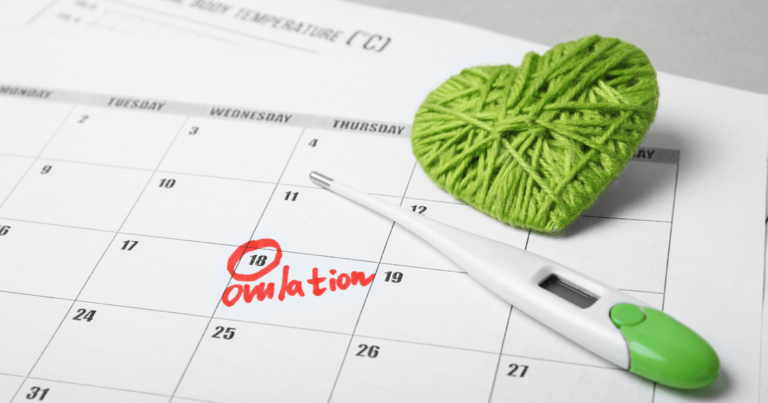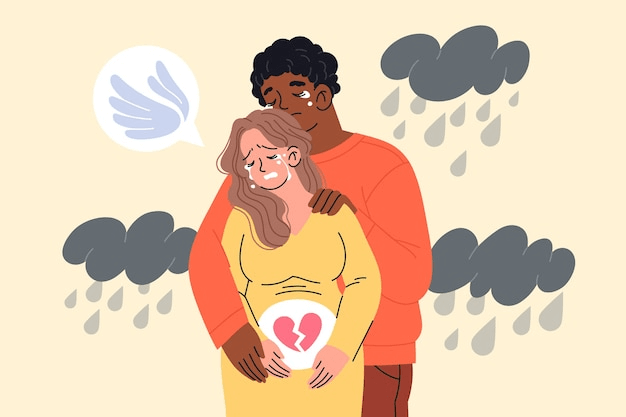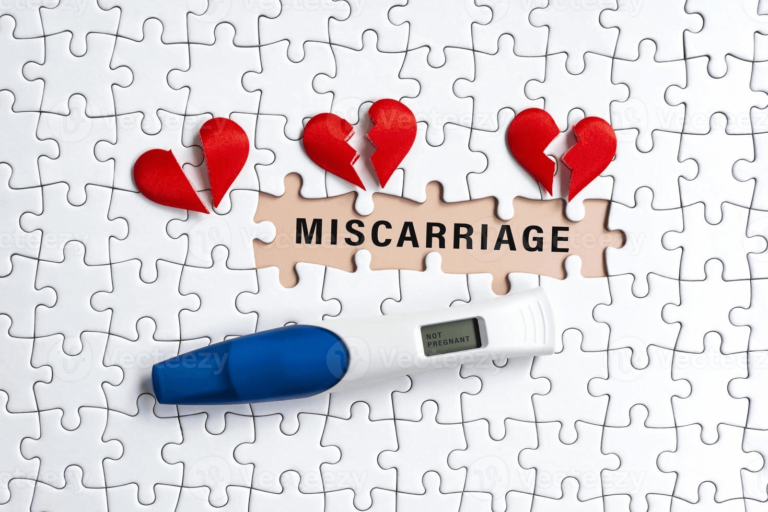What Really Happens During a Miscarriage: A Comprehensive Guide

Experiencing a miscarriage can be a profoundly emotional and physical journey. Understanding what occurs during this time is essential for coping and seeking the necessary care. This guide offers insight into the process, the causes, and what to expect, providing a compassionate overview of a sensitive topic.
What Is a Miscarriage?
A miscarriage refers to the loss of a pregnancy before the 20th week. It is more common than many realize, affecting about 10-20% of known pregnancies. Most miscarriages occur during the first trimester, often before a person is even aware they are pregnant.
What Causes a Miscarriage?
While it can be challenging to pinpoint an exact cause, common factors include:
- Chromosomal abnormalities: Most early miscarriages result from genetic issues that prevent the embryo from developing normally.
- Hormonal imbalances: Conditions such as thyroid disorders or polycystic ovary syndrome (PCOS) may contribute.
- Lifestyle factors: Smoking, alcohol consumption, or high caffeine intake can increase risks.
- Health conditions: Autoimmune disorders, poorly controlled diabetes, or uterine abnormalities may also play a role.
During early pregnancy, appetite changes or food aversions are common. Learn more about why appetite changes occur during pregnancy and how these may signal broader pregnancy health concerns.
What Happens During a Miscarriage?
- Physical Symptoms:
- Bleeding: This is often the first sign. It may start as spotting and progress to heavier bleeding.
- Cramping: Uterine contractions help expel the pregnancy tissue and may feel like intense menstrual cramps.
- Passage of tissue: You may pass clots or pregnancy tissue, depending on the stage of the miscarriage.
- Emotional Impact:
- Grief, sadness, guilt, and anger are common feelings. These emotions can be overwhelming and may persist for weeks or months.
- Medical Management:
- Sometimes, a miscarriage resolves naturally, but in other cases, medical intervention may be needed, such as medications or a surgical procedure like dilation and curettage (D&C).
First Trimester Miscarriage
The first trimester is a delicate period for pregnancy, with many risks. Knowing the early signs and seeking medical advice promptly can help manage health outcomes. For more advice on navigating the challenges of early pregnancy, read these first-trimester survival tips.
Coping After a Miscarriage
- Physical Recovery: It may take a few weeks for your body to recover fully. Rest, hydration, and nutritious meals are vital.
- Emotional Healing: Consider joining support groups or seeking counseling to process feelings.
- Planning for the Future: Many individuals go on to have successful pregnancies after a miscarriage. Consulting with a healthcare provider can provide insights into managing any underlying conditions.
When to Seek Medical Help
Always contact a healthcare provider if you experience severe bleeding, fever, or persistent pain during or after a miscarriage. These may signal complications like infection or incomplete miscarriage.
Final Thoughts
A miscarriage can be a deeply personal experience, but you are not alone. Understanding the process and reaching out for support can help navigate this difficult time. Always consult with your doctor for personalized advice and care tailored to your situation.






